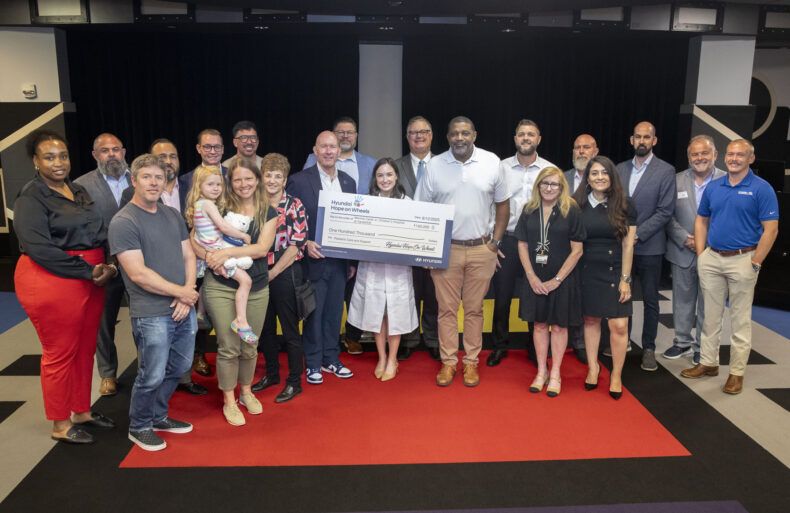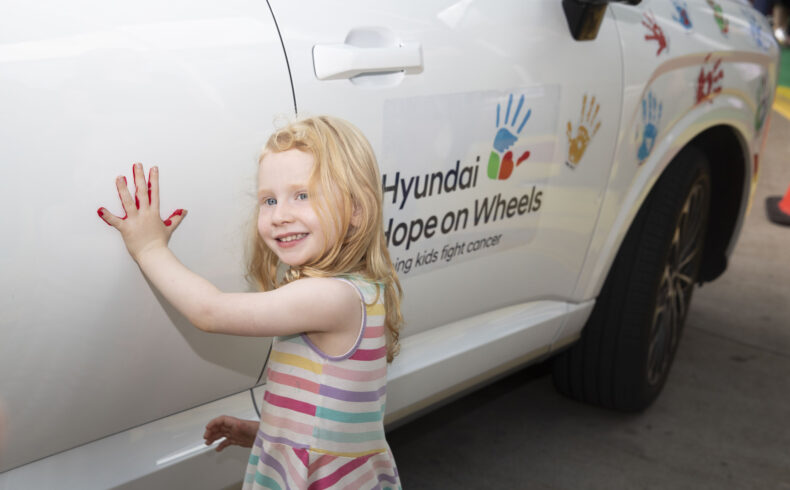Genetic analysis of people with African ancestry reveals lung cancer susceptibilities
A study led by researchers from Vanderbilt University Medical Center has discovered genetic susceptibilities that may shed light on why people of African ancestry are disproportionately affected by lung cancer.
Prior research has shown that Americans of African ancestry have a higher risk of lung cancer compared to white Americans despite smoking fewer cigarettes, but the reasons for this difference are not fully understood, and studies that delve into genetic susceptibilities for lung cancer among this population group have been limited. New research published Aug. 18 in the American Journal of Human Genetics revealed a total of 10 genomic regions — four of which had never been previously reported — associated with lung cancer.
The researchers performed genome-wide association studies on 6,490 people of African ancestry that included 2,390 with a diagnosis of lung cancer and a control group of 4,100 for comparison.
The authors confirmed that a well-known genetic region on chromosome 15 plays a major role in lung cancer risk across populations. The authors also discovered four additional genetic regions (on chromosomes 3, 8, 14 and 18) that had not been linked to lung cancer before. When their findings were combined with results from European and Asian populations, a total of 17 genetic regions were associated with lung cancer risk. Several genes in these regions are involved in biological processes such as lung function, cell growth and DNA repair.
“Our work provides a critical advance in lung cancer by improving our limited understanding of genetic susceptibility in African ancestry populations and offers insights that may guide future treatment efforts,” said the study’s corresponding author, Melinda Aldrich, PhD, MPH, professor of Medicine, Thoracic Surgery and Biomedical Informatics at Vanderbilt.
Aldrich and Jacklyn Hellwege, PhD, research assistant professor of Medicine, are the study’s senior authors.
“This work was uniquely positioned to make use of advances in statistical modeling and genetic ancestry information to ultimately make new insights into the genetic architecture of lung cancer in this at-risk population,” said Hellwege.
VUMC researchers received support from National Institutes of Health grants (U01CA253560, U01CA202979, R01CA141769, R01ES006717, P30CA022453 and P30CA068485) for the study.
Other VUMC authors on the study are Michael Betti, PhD, James Jaworski, MPH, Shilin Zhao, PhD, and Eric Gamazon, PhD, MS.
The post Genetic analysis of people with African ancestry reveals lung cancer susceptibilities appeared first on VUMC News.




